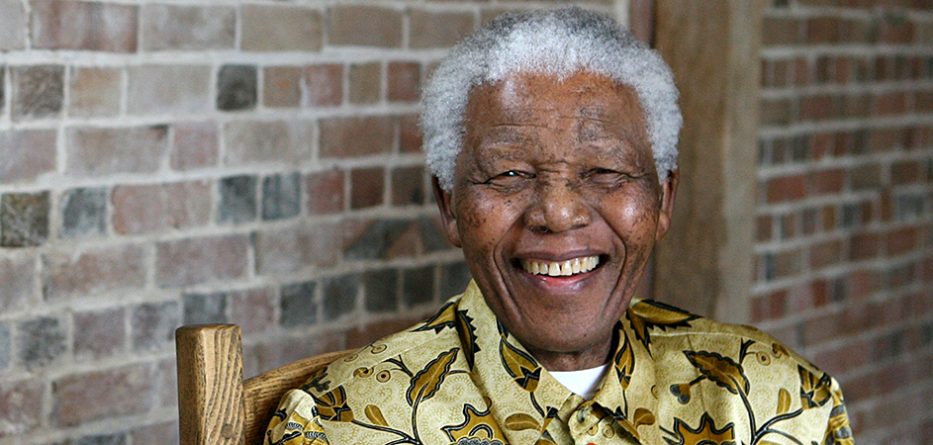July 18 is Nelson Mandela International Day
In an age when former heroes are constantly shown to have done bad things, and statues are being decapitated, drowned, stolen and used as billboards for free messaging, it is helpful to be able to look up to people whom we can admire deeply and whose reputation is likely to be enduring. For Catholics, Pope Francis is one such landmark. Nelson Mandela, who is remembered internationally on July 18, is another. Nobody is perfect. But some people are good and enduring.
Endurance is an admirable quality, and Mandela was clearly in for the long haul. During otherwise undistinguished years at university, he became committed to the struggle of his fellow Black Africans for freedom and for a just society in which all were equal. For the rest of his life, he worked actively for this cause, making a crucial step from peaceful to armed resistance at a time when the security state had become more violent and vicious in its suppression of opposition.
Nelson Mandela was arrested many times, tried and jailed. In his last trial, he faced the likelihood that he would be executed. Instead, he was sent to the brutal Robben Island prison, where he spent eighteen years. He found space for writing and for representing the rights of his fellow prisoners. For all that time he remained firm, not intent on revenge, but on seeking a society which at every level would be based on mutual respect. Despite the isolation, discrimination and oppression of those years, he never deviated from his aim to work for freedom. He refused all the inducements of personal freedom and of token improvements to an unjust society offered by the Government in return for his acquiescence. He finally negotiated for a free South Africa, carrying with him both the ministers of the government that had hunted and jailed him and the leaders of the armed resistance in its support.
Even enduring people need other special qualities to change a society. Mandela’s other great gift was his innate right to represent his people. His family belonged to African tribal royalty, and he carried the dignity and responsibility that went with his birth. He had standing among his own people. Because he had also practiced as a lawyer, too, he could speak the language of the white regime and negotiate with its representatives.
Underlying both these qualities was his integrity. He refused to allow his cause to narrow so that it was only about himself, or to let his anger erode his capacity to see other people as human beings. In his eyes, beyond the tragedy of Africa lay the human tragedy of Black Africans whose humanity was violated by humiliation and exclusion, and of White Africans whose humanity was eroded by fear and inhumanity.
This integrity made Nelson Mandela a symbol of hope in the possibility of a new South Africa in which people of all races were equal, and allowed him to preside over a united nation.
For us at Jesuit Social Services, Nelson Mandela has been an inspiration, particularly in our work with African refugees and immigrants in the African Inclusion Program. Mandela reminds us of the oppression and difficulties which so many of them have faced before coming to Australia, and of the enormous gift that they are to us.
Fr Andrew Hamilton SJ writes for Jesuit Communications and Jesuit Social Services.








